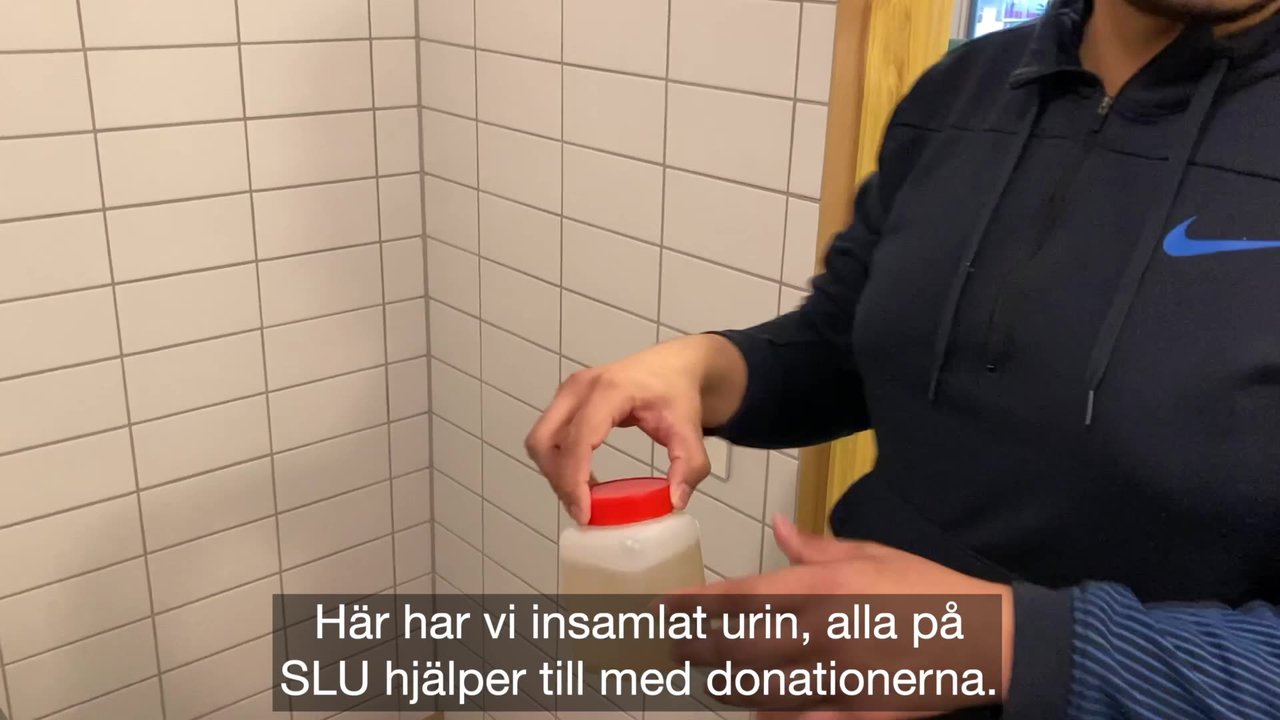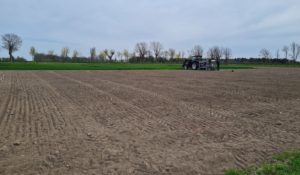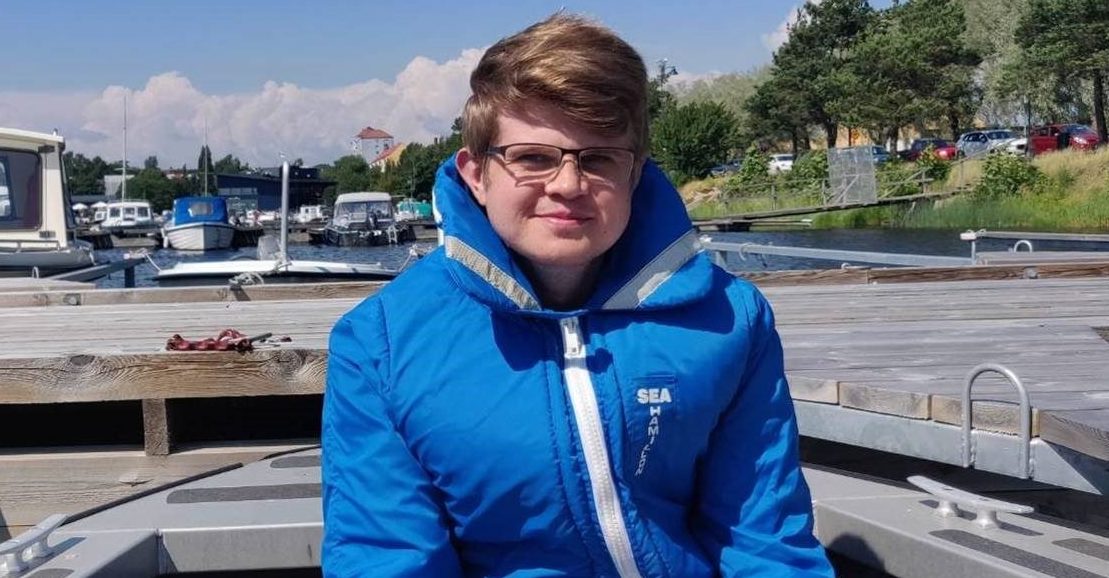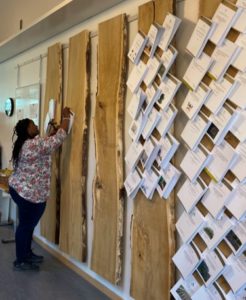 On Wednesday the 18th of May 2022, Alice Isibika nailed her PhD Thesis titled ‘Use of pre-treatments and substrate blending to enhance process efficiency in black soldier fly larvae composting of food industry waste’. Welcome to join her public defence of the Thesis that will take place on 8th of June 2022 at 13.00.
On Wednesday the 18th of May 2022, Alice Isibika nailed her PhD Thesis titled ‘Use of pre-treatments and substrate blending to enhance process efficiency in black soldier fly larvae composting of food industry waste’. Welcome to join her public defence of the Thesis that will take place on 8th of June 2022 at 13.00.
Abstract: Black soldier fly larvae (BSFL) composting is a biowaste treatment that converts biomass into valuable animal protein and fertiliser, but low protein content and complex molecules (e.g. fibre) in substrate reduce BSFL composting efficiency. This thesis evaluated the impact of using pre-treatments and blending substrates on BSFL process efficiency. The feasibility of using BSFL composting to treat available food industry waste streams in Tanzania and physical-chemical characteristics of these wastes were also assessed. The pre-treatments tested were biological, chemical, heat-based, biochemical and combinations of these, while blending involved mixing banana and orange peels with fish waste. All pre-treatments except heating and all substrate blends improved BSFL conversion efficiency in composting. The conversion efficiency was reduced by high concentrations of tannins, phenols, carbohydrates, fibre and fat, but increased by high protein and nitrogen concentrations. The available food industry waste from single companies in Tanzania, in quantities of ~100,000-1,000,000 kg y-1, was not sufficiently nutritionally balanced as a standalone feedstock for BSFL composting. However, with pre-treatment and substrate blending, BSFL composting could be successfully implemented to valorise biowaste streams in cities in low and middle-income countries such as Tanzania and other similar settings globally.
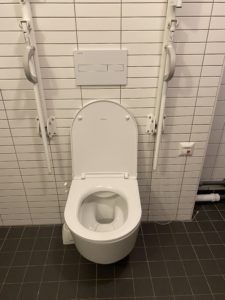 Hör Björn Vinnerås och andra forskare prata om framtidens vattensystem i Sverige Radio P1s program om toaletter nu och i framtiden. Programmet fokuserar på vattentoaletten och vilken funktion den har och om det är möjligt att vi i framtiden har andra toalettlösningar. Det Björn pratar om är gruppens forskning kring att producera ett torrt koncentrerat urinbaserat gödsel.
Hör Björn Vinnerås och andra forskare prata om framtidens vattensystem i Sverige Radio P1s program om toaletter nu och i framtiden. Programmet fokuserar på vattentoaletten och vilken funktion den har och om det är möjligt att vi i framtiden har andra toalettlösningar. Det Björn pratar om är gruppens forskning kring att producera ett torrt koncentrerat urinbaserat gödsel.
 On Wednesday the 18th of May 2022, Alice Isibika nailed her PhD Thesis titled ‘Use of pre-treatments and substrate blending to enhance process efficiency in black soldier fly larvae composting of food industry waste’. Welcome to join her public defence of the Thesis that will take place on 8th of June 2022 at 13.00.
On Wednesday the 18th of May 2022, Alice Isibika nailed her PhD Thesis titled ‘Use of pre-treatments and substrate blending to enhance process efficiency in black soldier fly larvae composting of food industry waste’. Welcome to join her public defence of the Thesis that will take place on 8th of June 2022 at 13.00.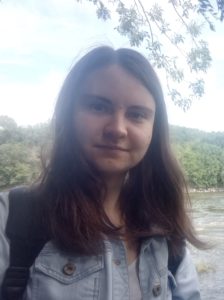 My name is Elena Lemaître. I come from France and I have justed finished my fourth year at the Ecole Nationale Supérieure de Chimie de Rennes. I study chemistry and I specialise in processes for environmental protection. At SLU, I am part of the urine drying research team. I work on the effect of salt concentration in dehydrated urine in relation to the enzymatic activity of urea degrading enzyme urease. I will be here until the end of August.
My name is Elena Lemaître. I come from France and I have justed finished my fourth year at the Ecole Nationale Supérieure de Chimie de Rennes. I study chemistry and I specialise in processes for environmental protection. At SLU, I am part of the urine drying research team. I work on the effect of salt concentration in dehydrated urine in relation to the enzymatic activity of urea degrading enzyme urease. I will be here until the end of August.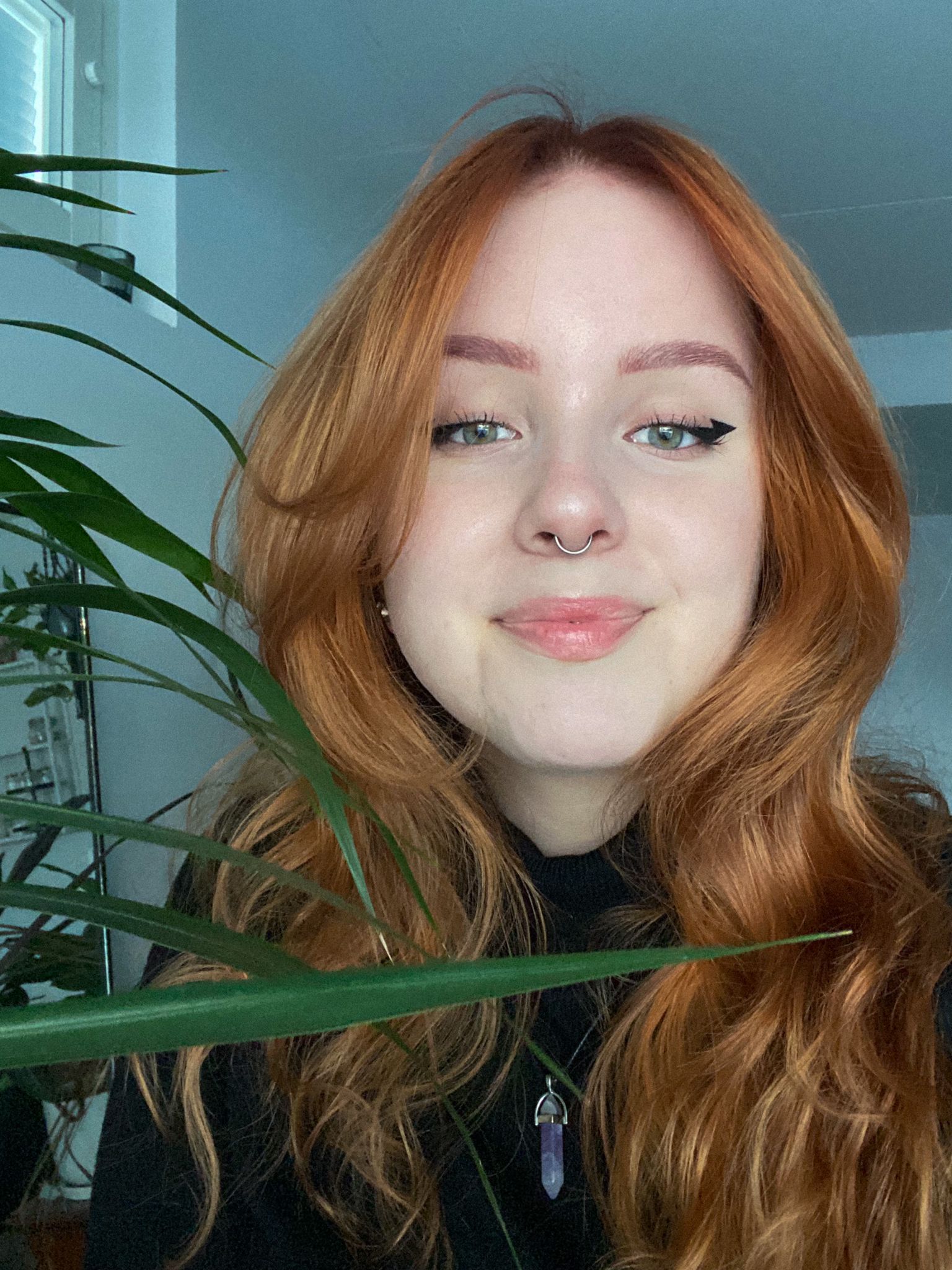
 Beatrice Christofaro captures the argument quite well as to why source-separated fractions like
Beatrice Christofaro captures the argument quite well as to why source-separated fractions like 